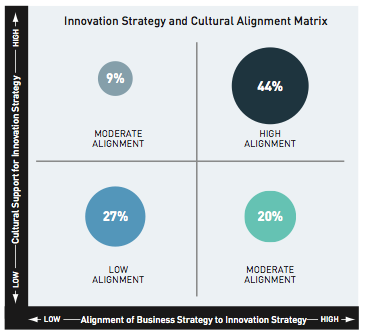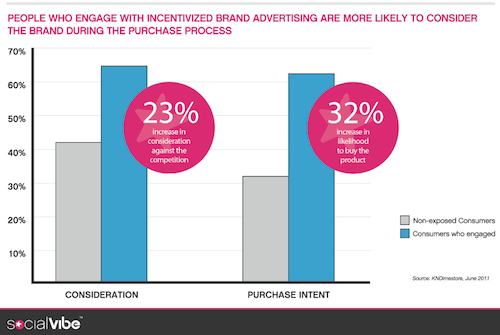Study: What makes Twitter users trustworthy?
 We all want to know what makes us trustworthy, especially when we tweet something. What is the secret sauce that makes others believe in the importance of our tweets? What makes those tweets better than those of our competitors?
We all want to know what makes us trustworthy, especially when we tweet something. What is the secret sauce that makes others believe in the importance of our tweets? What makes those tweets better than those of our competitors?
The answer comes with a study “Tweeting is believing” from Microsoft and Carnegie Mellon University. In their research the two parties find how companies and individuals can feed their tweets with more credibility, and giving them some of the secret sauce.
So, ok,… the results were no really the deepest insights, but somehow they undermine what many of us might have expected: Gain followers, receive retweets, include URL’s in your posts, set up a profile picture alongside a serious bio with information that correspond with your tweets.
In order to get the right findings the researchers surveyed more than 250 Twitter users factors to understand what makes up credibility in Twitter accounts. These factors got scored from one tot five, five being the highest.
The top-rated factors that make tweets more trustworthy…
1. Tweet was retweeted by someone you trust – 4.08
2. Tweet from a verified subject expert – 4.04
3. Author is someone you follow – 4.00
4. Tweet contains a URL you clicked through – 3.93
5. Author is someone you’ve heard of – 3.93
6. Account has verification seal – 3.92
7. Author often tweets on topic – 3.74
8. Author’s tweets frequently include similar content – 3.71
9. Author’s user image is a personal photo – 3.70
10. Author often mentioned and/or retweeted – 3.69
These were the lowest five credibility lowering factors for tweets…
1. Weak grammar and/or punctuation 2.71
2. Profile picture equals Twitter’s default user image – 2.87
3. User image is a cartoon/avatar – 3.22
4. Author follows many users – 3.30
5. Author’s user image is a logo – 3.37
Spot On!
In many seminars, companies and managers have asked me whether a weak language and incorrect tweeting is destroying the credibility of the brand. They wanted to know whether avatar pictures or brand pictures might affect it. In my eyes, companies should worry more about their general company Social Media standards, their way of collaboration external and internal, and ask themselves why and what they are tweeting about. Tweeting is just a tiny part of your Social trustworthiness….
What are your own experiences? What makes you trust a Twitter user? Any ranking similarities you can see as well?



 Never will I forget the day some time between 2001 and 2002 when I went to the BMW pavilion exhibition in Munich to get an understanding of what “Connected Drive” means. Those days, even the people in the pavilion could not help us, and it took BMW three days to give us some proper feedback on this term via telephone. Today, the term is clearly defined as driving with internet access which enables all sorts of connected infotainment, and if you want to know more about it, you can get plenty of information
Never will I forget the day some time between 2001 and 2002 when I went to the BMW pavilion exhibition in Munich to get an understanding of what “Connected Drive” means. Those days, even the people in the pavilion could not help us, and it took BMW three days to give us some proper feedback on this term via telephone. Today, the term is clearly defined as driving with internet access which enables all sorts of connected infotainment, and if you want to know more about it, you can get plenty of information 
 The
The 
 Moreover, about the same proportion say their innovation strategy is inadequately aligned with their overall corporate strategy. And although entire industries, such as pharmaceuticals, continue to devote relatively large shares of their resources to innovation, the results are much less successful than they and their stakeholders might hope for.
Moreover, about the same proportion say their innovation strategy is inadequately aligned with their overall corporate strategy. And although entire industries, such as pharmaceuticals, continue to devote relatively large shares of their resources to innovation, the results are much less successful than they and their stakeholders might hope for.
 According to a recent
According to a recent 
 Is this a good sign for the acceptance of social media in the business world? The use of Twitter as a business and marketing tool has increased from 31% to 61% among Europe’s top business leaders, finds a recent study by CNBC.
Is this a good sign for the acceptance of social media in the business world? The use of Twitter as a business and marketing tool has increased from 31% to 61% among Europe’s top business leaders, finds a recent study by CNBC.
 What will companies say if employees want to bring their own devices to work? How about security issues and support opportunities for companies? A real challenge for the future when we look at an
What will companies say if employees want to bring their own devices to work? How about security issues and support opportunities for companies? A real challenge for the future when we look at an